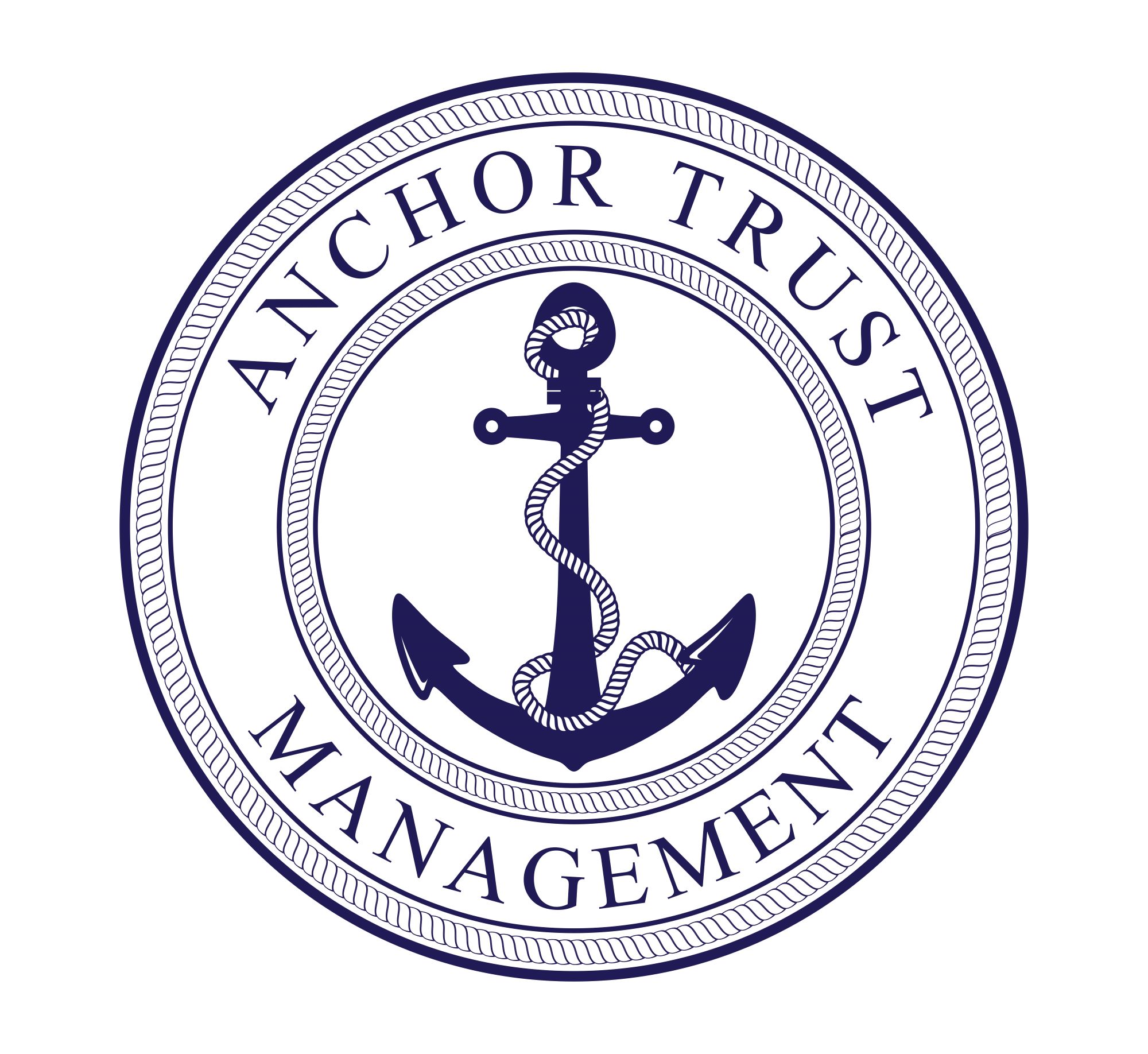It’s a subject that’s painful to talk about, but one that affects many families. When creating your estate plan, what should be done if a family member – perhaps an adult child or grandchild – struggles with addiction?
Addiction in the US
Recent insights from the Substance Abuse and Mental Health Services Administration (SAMHSA) shed light on addiction in the US:
- 46.3 million people ages 12+ met the criteria for having a substance use disorder in the year leading up to the study
- Of those with a substance use disorder, 94% never received treatment
- The majority of those who refused treatment did so because they did not think they needed it
Though this data focuses on substance use, addiction can include more than substances like drugs or alcohol. It can include behaviors as well, like gambling or shopping. Essentially, when we consider estate planning, precautions can be set in place for an heir who is likely to use a large sum of money for destructive purposes rather than responsible and fruitful ones.
A Trust Can Provide for Your Heir, With Boundaries
If you want to establish estate plan safeguards for an heir with addiction, you have to get into the mindset of an addict. You may think that leaving a vehicle to your child is a safe bet, a gift that can provide transportation to work or school instead of money. But an addict may simply sell the car and buy drugs with the cash. Having an open and honest conversation with your attorney can help you put discerning protections in place.
A trust is a common way to achieve this. Through a trust your heir will receive financial support, but they will not have unrestricted access to funds. A trustee – which can be an individual you know, a professional fiduciary, or a trust company – manages the trust, and you can be highly specific in its purpose. For example, you can specify that the trust funds are to be used for rehab or counseling, or that a negative drug test is required prior to receiving any funds.
There are many details that need to be considered when creating such a trust. A major consideration is whether the provisions in the trust will affect your heir’s eligibility for some government benefits or Medicaid down the road. This is why it’s critical to draft your estate plan with an experienced attorney.
Create an Estate Plan To Avoid Intestacy
Estate planning is important for every family, but if you have an adult child who is an addict, it’s even more critical. If you pass away without a will or trust, you will be considered by the law to have died intestate – and at that point, your state’s intestacy laws determine how your funds are allocated.
This could result in exactly what you don’t want to happen: a large sum of money being granted to your child to do with as they wish, without restriction or oversight. Florida’s intestacy laws say that if the decedent has a surviving spouse and adult children, any number of whom are from a prior relationship, the spouse receives half of the estate and the children split the remaining half. If there is no surviving spouse, the entire estate would be split amongst the children.
You can see how this may not only go against your wishes, but cause pain for your other loved ones who have chosen responsible paths for their lives. If you’re distressed over an heir with addiction, you’re not alone. We’ll guide you through important considerations to help you create an estate plan that helps – not enables – your heir.


